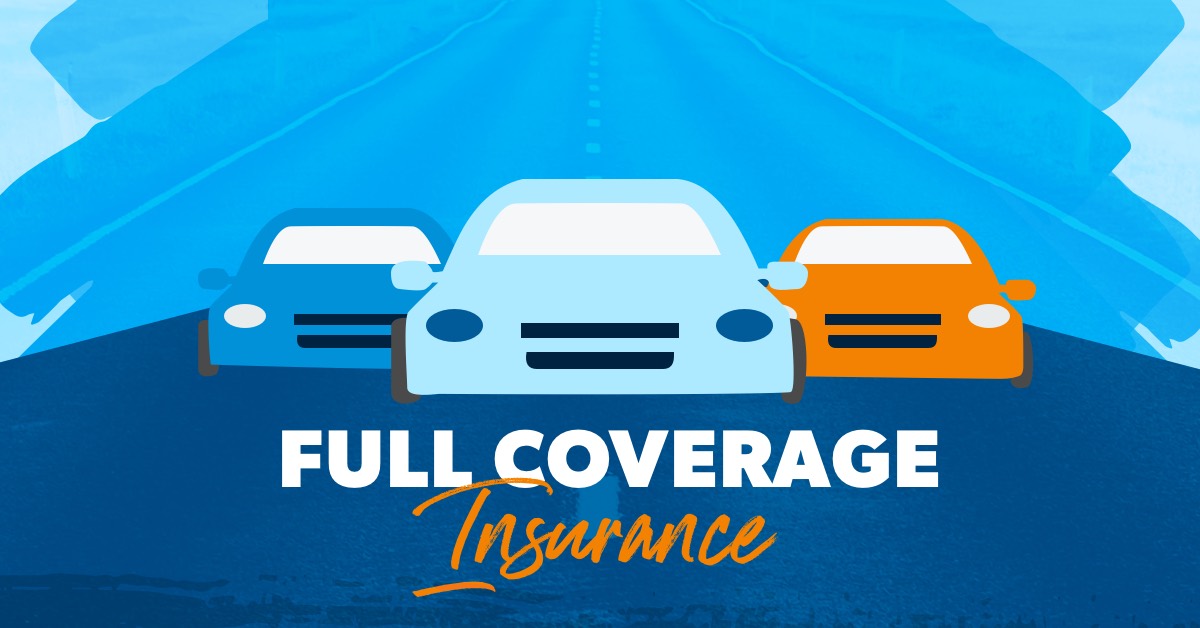The Hidden Stress of Driving
Driving seems routine — a simple act of getting from one place to another. Yet for millions of people, it’s one of the most mentally demanding tasks of daily life. Between unpredictable traffic, distracted drivers, and financial worries about potential accidents, the road can quickly become a source of chronic stress.
Psychologists call this phenomenon “driving anxiety.” Studies show that drivers who feel unsafe or unprotected — whether due to poor road conditions or lack of insurance — experience higher heart rates, muscle tension, and anxiety levels. Over time, this constant alertness can take a toll on mental health, leading to irritability, fatigue, and even insomnia.
The Psychology of Feeling Protected
Feeling safe is more than an emotion — it’s a neurological response. When your brain perceives safety, it lowers stress hormones like cortisol and releases serotonin, a chemical linked to calmness and happiness.
In contrast, uncertainty — especially financial or physical risk — triggers the body’s fight-or-flight system, keeping you tense even when nothing is wrong.
That’s why a sense of control plays a huge role in emotional health. Drivers who have clear plans, understand their routes, and know they’re financially protected by reliable insurance report far less anxiety. Feeling “prepared” signals to the brain that danger is manageable, not overwhelming.
When Protection Reduces Anxiety
In a 2023 survey by the American Psychological Association, nearly 45% of drivers reported feeling anxious behind the wheel. However, those who had comprehensive insurance coverage and an emergency plan in place were twice as likely to describe themselves as “confident drivers.”
That sense of preparedness — knowing that your health, vehicle, and finances are covered — acts as a mental safety net. It doesn’t just protect you from loss; it shields your peace of mind.
Even a simple step like comparing auto insurance quotes helps drivers regain confidence. The more they understand their options, the less helpless they feel in the face of uncertainty.
How Control Improves Well-Being
Feeling in control is one of the strongest predictors of happiness. In psychology, it’s called “perceived control” — the belief that you can influence outcomes in your life. Drivers who plan ahead, know their insurance details, and feel financially secure experience lower stress, even during traffic jams or long trips.
The link between safety and mental clarity is clear: when your brain isn’t constantly anticipating danger, it can focus on what truly matters — alert driving, patience, and calm decision-making.
Tools That Help You Feel Safer
Modern technology has made emotional safety easier to achieve. Platforms like EquiRates, Auto Quote Guide... allow drivers to compare different insurance providers, understand real-time quotes, and customize their plans to match personal needs.
Instead of worrying about unexpected costs, users can choose protection confidently, knowing what they’re covered for.
These tools bridge the gap between uncertainty and assurance — turning the complex world of insurance into something transparent, empowering, and stress-free.
Click here to explore options that make every drive a little safer.
Driving With Peace of Mind
Feeling secure isn’t luck — it’s preparation. When your health, car, and finances are covered, your mind can relax, your focus sharpens, and your journeys become smoother.
That calm confidence transforms not just how you drive, but how you live. EquiRates and similar services make this peace of mind accessible — helping you take control of safety before problems arise.
Because the best protection doesn’t just guard your car — it protects your peace.



.gif)


.png)
.png)


.png)
.png)
.png)










.png)








.png)

.png)
.png)
.png)


.png)






.png)
.png)
.png)
.png)
.png)
.png)
.png)

